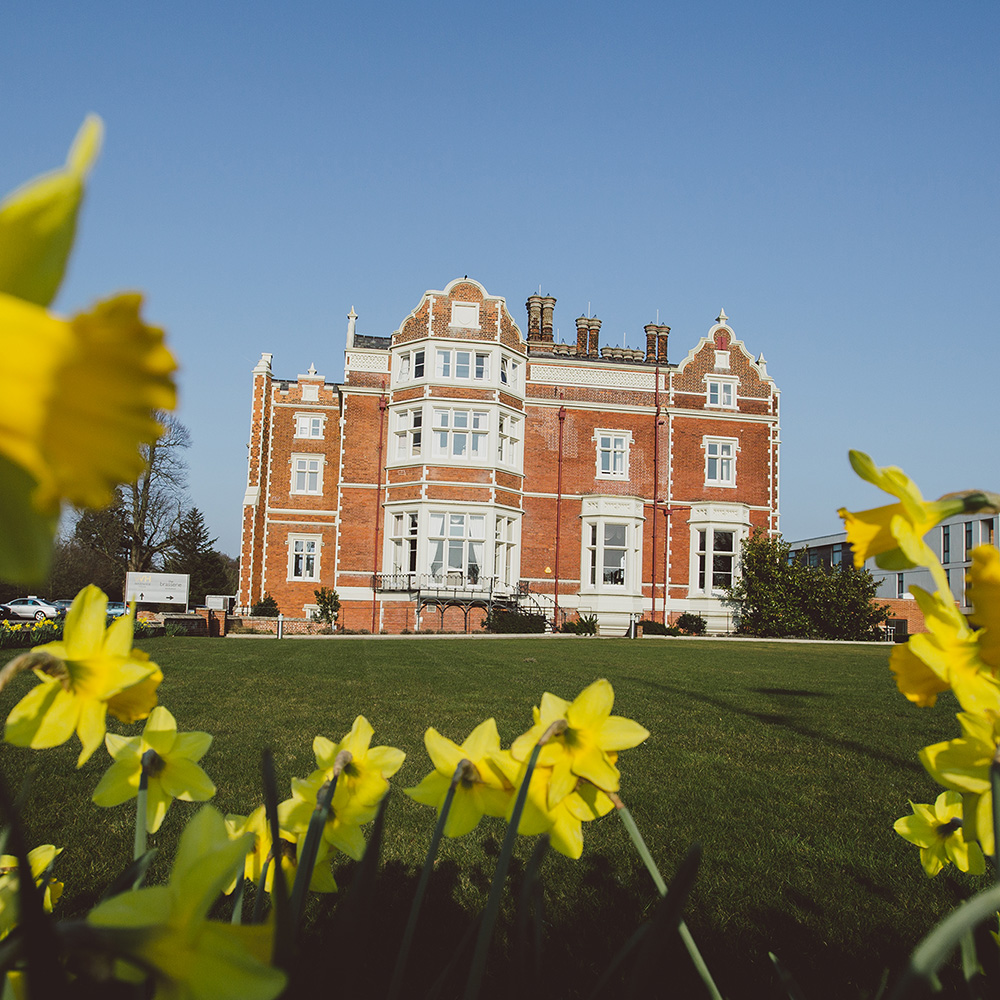Edge Hotel students showcase their sustainability projects during Climate Action Week

COVID-19 hit the hospitality industry hard. According to the GOV.UK website, forced closures and limited opening times saw the economic output of the hospitality industry drop 90% below pre-pandemic levels and staff were put on furlough or made redundant. So, as we enter this post COVID-19 era, the hospitality industry has been reinventing itself and one of the areas it looks to improve on is sustainability, and it is the university students who are looking to implement these changes.
Hospitality and events students at the University of Essex undertake a sustainability module where they learn about sustainable practices which they can bring into the working world and help their employability. As part of the module, run by lecturer Dimitri Lera, students think up a sustainable practice project which will drive the industry into a more sustainable place. The students also got to showcase their projects during Climate Action Week at the university.
On the surface the projects done by these students may seem different, but they all work towards one common goal, reducing the carbon footprint of the hospitality and events industry.
Four of the groups worked on projects that related to food and food waste. One group aimed reduce the amount of coffee waste being produced by cafes. They turned the waste into compost, a practice they hope will be implemented in cafes across campus. Another group wanted to set up a herb garden which will be used by the kitchen at Wivenhoe House Hotel. The aim of this is to eliminate the need to get herbs delivered and reduce the hotels carbon footprint. The herb garden will also use the compost made by the coffee waste group. Another group planned to reduce the amount of food waste coming out of Wivenhoe House Hotel while one group designed their own vegan menu.
Two of the other groups focused on projects which related to recycling and reducing pollutants used in the industry. The first group decided they wanted to reduce the amount of paper used during networking. They worked on the idea of using digital business cards for networking. The other group aimed to try and reduce the amount of plastic used in the Hospitality and Events Industry.
The final group is working in in collaboration with the sustainability team to set up an Awards Show celebrating outstanding sustainable practices here on campus.
All these projects try to tackle different issues, but all have the one common goal of reducing the carbon footprint and trying to make the hospitality and events industry more sustainable. It shows that these students are driven and inspired to try and make a change in the space, hoping one day they can bring these theories and ideas into practice in the working world.
These projects also highlight the importance of having a sustainability module on your course. Teaching young people and future leaders about how important sustainability is will only benefit the industries they will work in and the environment as a whole. Having a sustainability module is something every course should be striving to do.